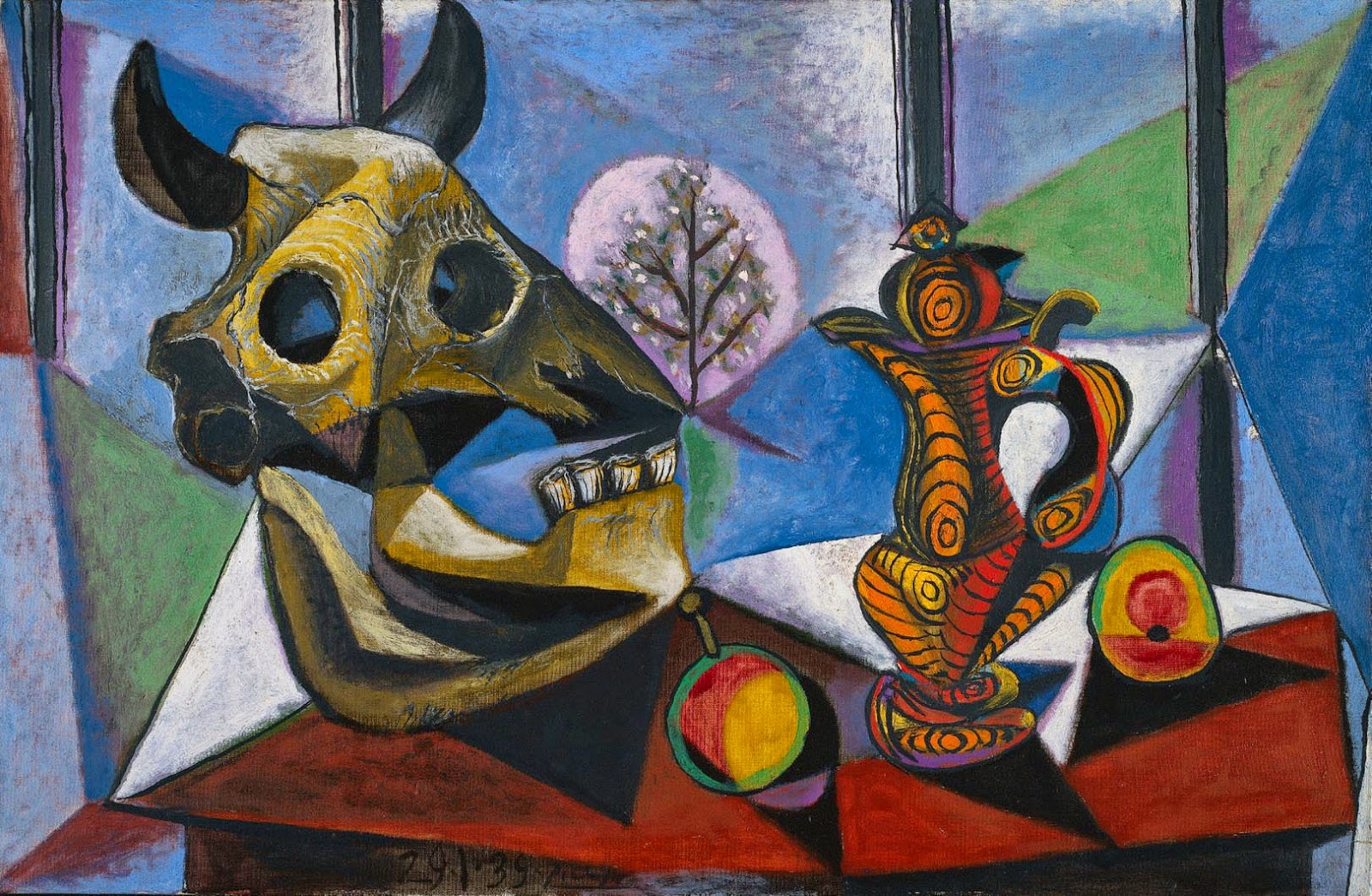If you find something precious in the usual life, could you imagine how your life turn into being exciting? I had dreamed finding secret treasures or ancient relics which could be recorded in the real history. This world still is full of mystical unknown things which are waiting their findings.
The BBC News article “Indonesian shell has ‘earliest human engraving’” reports that the zig-zag patterns found on a fossilized shell may be engraved by Homo erectus, although it is not clear whether the patterns were art or symbolic expression for special purpose.
When I first saw Paleolithic stone tools in a prehistoric museum, I wondered how people could find these were tools because it seemed to be difficult to identify tools amongst many regular stones, especially comparing with rubbles. Before they were categorized as tools, they seemed to be just stones. In this article’s case, the finder is a person who prepared his PhD research and found the pattern after taking digital photos of the shells. The shells already excavated and collected in Java in the 1890s. Nobody noticed the patterns with naked eyes, so it would be a fortune to find a historical evidence if it is confirmed.
The patterns remind me the prehistoric engraved wall cliff which was submerged by building artificial dam in Korea. The engravings were estimated the Bronze Age’s works, which had some patterns of lines and circles. In some case, we see the ideas that developing overrides other priorities for the more economic merits. And also, there are some cases that people intentionally destroy the sites when the sites are found under construction working since if the place have value to research, the construction should hold until finishing excavation. It’s so sad to bury history under the developing purpose putting aside finding new things.
__________
Reference








